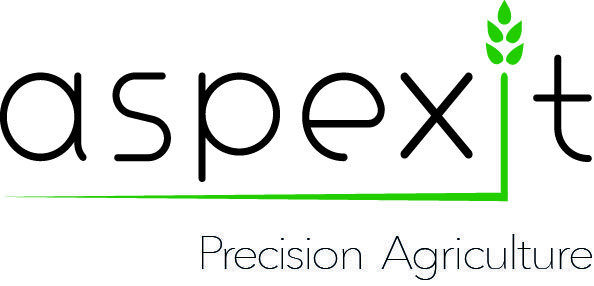Custom Training and Teaching
Increase your skills to analyze your agronomic and environmental data!

Spatial data manipulation in agri-environment with QGIS

Spatial data manipulation in agri-environment with R
We offer two types of training to help you use spatial and temporal data in agri-environment
Duration of the training: 1 day (1.5 days is more comfortable)
Keywords : QGIS, Geomatics, Automation, Imagery, Agronomy, Environment, Mapping
Objectives: Perform geoprocessing, Retrieve and work with satellite imagery, Automate geospatial processing in QGIS,
Target audience: Chambers of Agriculture, Technical Institutes, Agro-suppliers, Academics (Masters, PhD students, Researchers), Private structures in the agricultural field…
Programme: The programme is given here as an indication, it may change or be adapted to the audience. The training alternates between presentation sessions, exchanges and practical work.
1. Geo-spatial processing
- Processing toolbox and tips/tips (advanced digitisation, map backgrounds, WFS/WMS layer calling, etc.)
- Use of satellite imagery (Sentinel imagery recovery, vegetation index calculations, image classification…)
- Geoprocessing (use of classic vector functions, construction of homogeneous zones, use of DTMs and derivation of topographic indicators, etc.)
2. Automation
- Batch execution, Graphical Modeller, Geographic Atlas, QGIS Python Console
- Quick introduction to R/QGIS interfacing (adding R code in QGIS) and Python plugins development
The day will also be an opportunity to discuss more broadly the handling of spatialized data (coordinate systems and projections, experiments and analysis biases, working with heterogeneous layers in terms of spatial coverage, temporal shifts between GPS data and data measured in-situ, GIS project management, etc.)
Test data will be provided. Participants will have time to work with their own data.
Pre-requisites :
- Be autonomous in QGIS (loading layers, vector and raster manipulations…).
- Need to work with spatialized data.
Skills acquired at the end of the training: Use of satellite imagery, Automation of processing chains
Duration of the training: 2 days (3 days to be comfortable)
Keywords: R, Geoprocessing, Automation, Spatial analysis, Spatial modelling, Machine Learning, RMarkdown, RShiny,
Objectives: To manipulate and exploit spatial data in the R environment
Target audience: Chambers of Agriculture, Technical Institutes, Agro-suppliers, Academics (Masters, PhD students, Researchers), Private structures in the agricultural field…
Programme : The programme is given here as an indication, it may change or be adapted to the audience. The training alternates between presentation sessions, exchanges and practical work.
1. Geo-spatial processing
- Display of spatial, temporal and spatio-temporal data, interactive graphics, animated graphics (leaflet, ggplot2…)
- Geo-spatial processing in R (data loading, buffers, intersections, mergers, slicing…)
- Calling GIS functions (Grass, SAGA, GDAL) directly in R
- Integration of R codes in QGIS
2. Spatial analysis
- Spatial variability and variography
- Spatial interpolation (TIN, inverse weighting, Kriging and derivatives…)
- Recall on linear models, analysis of experiments and spatial modelling
- Introduction to machine learning (algorithms, cross-validation, bias-variance trade-offs…)
3. Sharing and deploying results
- RMarkdown: writing reports in R
- RShiny: interfacing data on the web
The day will also be an opportunity to discuss more broadly the handling of spatialized data (heterogeneous layers in terms of spatial coverage, quality and reliability of spatialized data, validation of a prediction model, etc.)
Test data will be provided. Participants will have time to work with their own data.
Pre-requisites :
- To be autonomous in R (loading data, writing simple scripts…)
Skills acquired at the end of the course: Handling of spatial data in R, Analysis of spatialized data (interpolation, variography…), Sharing of R codes and results
